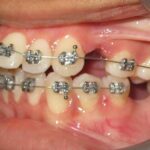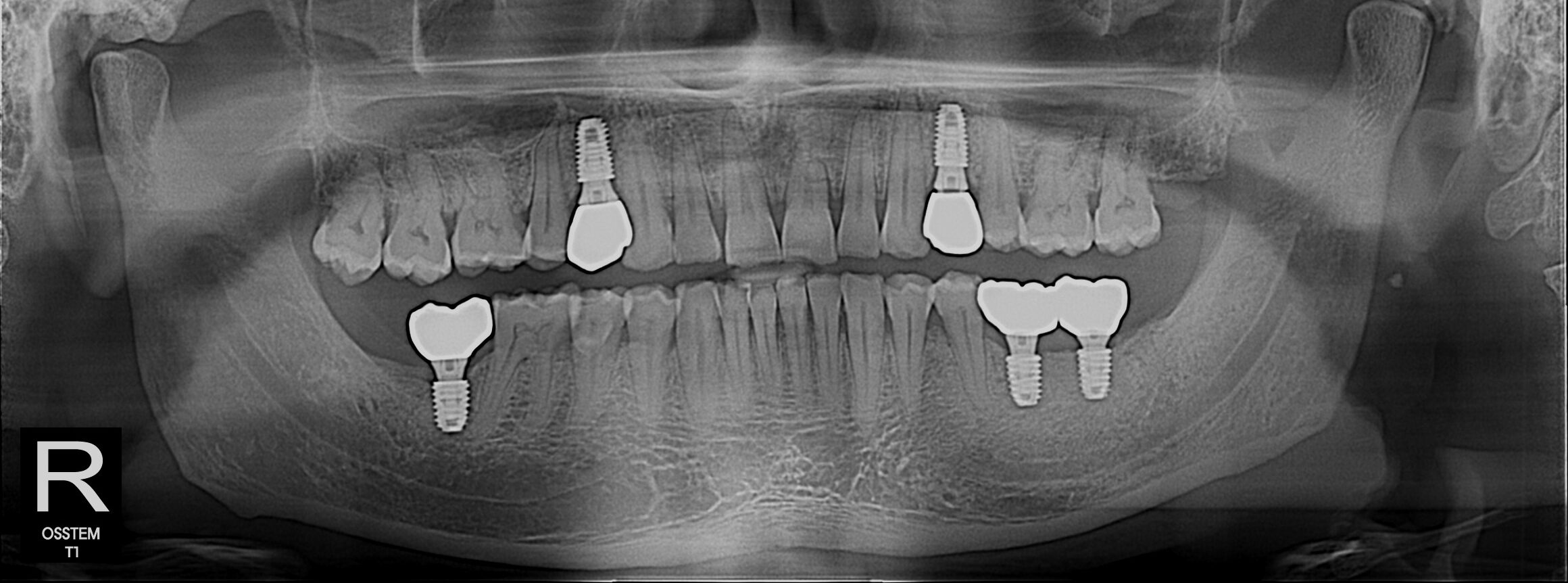Root Canal Treatment While on Blood Thinners: Is It Safe?If you’re on blood thinners due to a heart condition, stroke, or another medical issue, you may feel anxious about undergoing dental treatments. One of the most common concerns patients have is about bleeding during procedures like a root canal. At our dental clinic, we hear …
Root Canal Treatment While on Blood Thinners: Is It Safe?
If you’re on blood thinners due to a heart condition, stroke, or another medical issue, you may feel anxious about undergoing dental treatments. One of the most common concerns patients have is about bleeding during procedures like a root canal. At our dental clinic, we hear this worry often—and we want to assure you that root canal treatment is not only safe but also highly recommended when needed, even for patients on blood thinners.
In this article, we’ll walk you through what blood thinners do, why root canals are different from surgical dental procedures, and what scientific studies say about undergoing this treatment while on anticoagulant medications.
Understanding Blood Thinners
Blood thinners are medications that reduce the blood’s ability to clot. They’re typically prescribed for people who are at risk of blood clots, heart attacks, strokes, or other cardiovascular problems. There are two main types:
Antiplatelet drugs (e.g., Aspirin, Clopidogrel/Plavix): These prevent platelets in the blood from sticking together and forming clots.
Anticoagulants (e.g., Warfarin, Apixaban/Eliquis, Rivaroxaban/Xarelto, Dabigatran/Pradaxa): These interfere with proteins in your blood that are part of the clotting process.
These medications are essential for your overall health. However, because they slow down clotting, they can also make you bleed more easily—even from minor cuts or injuries. That’s why many patients get nervous about dental work
Why Root Canal Treatment Is Different
Root canal treatment, also known as endodontic therapy, is a common and effective way to save a tooth that is severely decayed or infected. During the procedure, your dentist:
Removes the infected pulp (nerve and soft tissue) from inside the tooth.
Cleans and disinfects the canal space.
Fills and seals the root canal to prevent future infection.
Places a crown (in most cases) to restore function and strength.
Now here’s the key point: root canal treatment is performed entirely inside the tooth. It doesn’t involve cutting the gums, removing bone, or disturbing blood vessels in a way that would lead to major bleeding. In contrast, procedures like tooth extractions or gum surgery involve more direct contact with soft tissues, which can cause more bleeding.
Because of its minimally invasive nature, root canal therapy usually causes little to no bleeding, making it very safe even for patients on blood thinners.
Because of its minimally invasive nature, root canal therapy usually causes little to no bleeding, making it very safe even for patients on blood thinners.
What Do the Experts Say?
Several scientific and clinical studies have confirmed that dental treatments—especially non-surgical ones like root canals—can be safely performed on patients taking anticoagulants.
Here’s what the research says:
A study published in the Journal of the American Dental Association (JADA) concluded that patients on anticoagulants can undergo minor dental procedures without discontinuing their medication, and that bleeding can be easily managed with local measures.
The American College of Cardiology (ACC) and American Heart Association (AHA) have stated that interrupting anticoagulant therapy for dental procedures is not necessary for non-surgical procedures like fillings and root canals.
A review in the Journal of Endodontics (2015) found no increased risk of complications or bleeding in patients on blood thinners undergoing endodontic treatment.
In fact, stopping your blood thinner without medical supervision is much riskier. Doing so could increase your chances of suffering a heart attack or stroke. That’s why current medical and dental guidelines emphasize that blood thinners should usually be continued for non-surgical procedures.

Dr Rahman has Wide range of experience and training experience as resident in NHS,UK hospital surgical discipline. He is trained in managing the dental patient with different medical condtions.
How We Ensure Your Safety
Your safety is always our top priority. If you’re taking blood thinners, we take the following steps to ensure a smooth and complication-free root canal procedure:
1. Detailed Medical History
We’ll take a complete medical history, including all the medications you’re currently taking. This helps us plan your treatment safely and effectively.
2. Communication with Your Physician (if needed)
In certain cases—especially if you’re taking Warfarin or have multiple medical conditions—we may reach out to your cardiologist or general physician to coordinate care. Your INR (International Normalized Ratio) levels may be checked to ensure your blood is within the safe therapeutic range.
3. Gentle, Minimally Invasive Technique
Modern root canal procedures are precise and less invasive than they used to be. We use advanced tools and local anesthesia to make the treatment comfortable and minimize any risk of bleeding or complications.
4. Local Hemostatic Measures
If any minor bleeding occurs (usually from the gums when accessing the tooth), we use simple, effective techniques like applying pressure, using absorbable sponges, or placing hemostatic agents to control it.
5. Post-Treatment Instructions
We’ll give you clear aftercare guidelines to reduce any minor bleeding and ensure a smooth recovery. In most cases, you’ll be able to go home right after the procedure and resume normal activities.
Frequently Asked Questions (FAQs)
Will I bleed during a root canal if I’m on blood thinners?
In most cases, no significant bleeding occurs during a root canal. The procedure is done inside the tooth, not in soft tissues like the gums or jawbone.
Do I need to stop taking my blood thinner before the procedure?
No, not unless your doctor and dentist agree it’s necessary. Stopping your medication without medical advice can be dangerous.
What if I need a tooth extraction instead?
Tooth extractions may involve more bleeding than a root canal. If an extraction is necessary, we’ll take extra precautions, and sometimes a temporary adjustment in your medication might be required—but this is handled case by case and only under medical supervision.
Why Choosing the Right Dentist Matters
At our clinic, we’ve treated many patients with heart conditions, on various types of anticoagulants, and needing urgent dental care. We’re experienced in managing these situations with the utmost care and caution.
We understand your concerns and are here to reassure you: you don’t need to suffer from tooth pain or infection just because you’re on blood thinners. Delaying necessary dental care can lead to more serious problems, including abscesses, swelling, or tooth loss.
In Summary: Root Canal Treatment Is Safe While on Blood Thinners
If you’re on blood thinners and need root canal treatment, there is no need to be afraid. Root canal therapy is a non-surgical, minimally invasive procedure that does not involve significant bleeding, and current medical and dental guidelines support continuing anticoagulant medication during the process.
With proper planning, communication with your physician, and skilled care, your treatment can be completed safely and comfortably. So if you’ve been putting off treatment due to fear of bleeding, now is the time to take action—with confidence and peace of mind.







